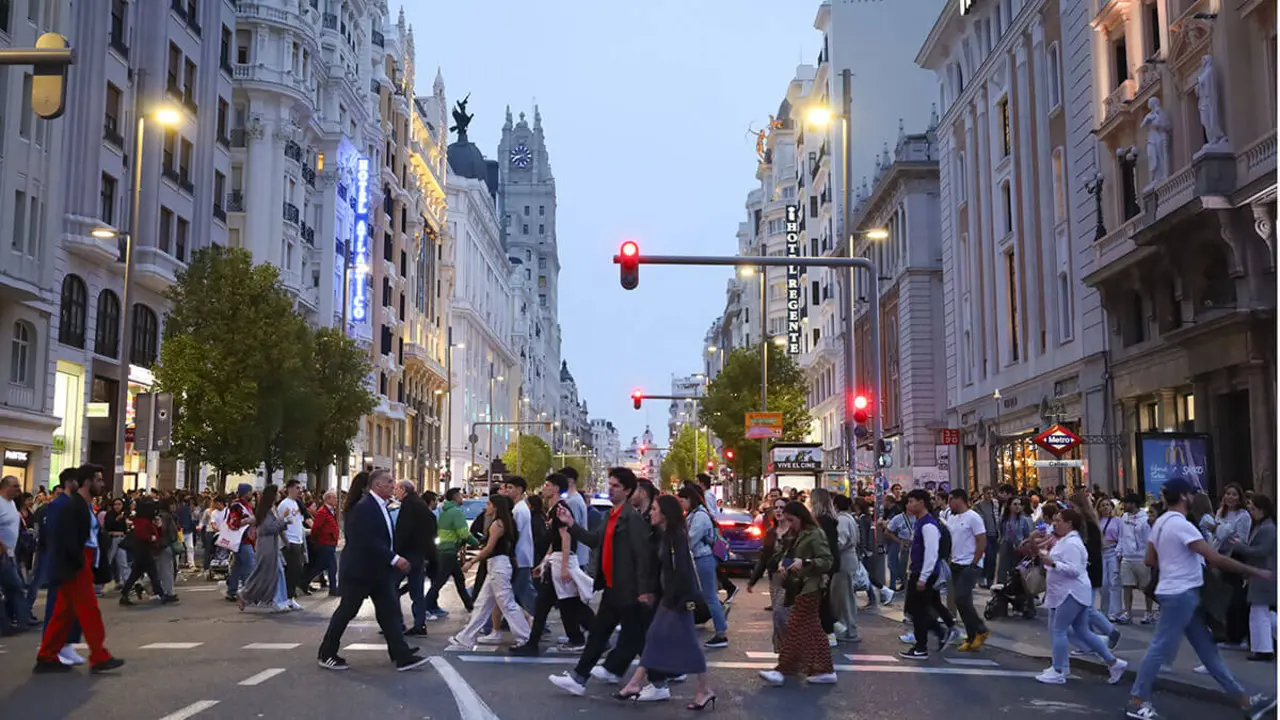COVID-19 deepens economic crisis and pushes Tunisia into the abyss
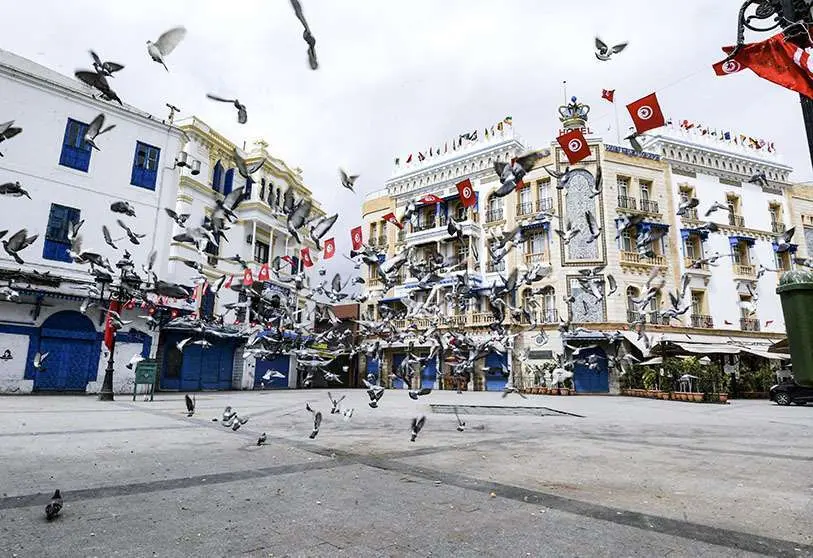
The health emergency caused by the COVID-19 has deepened the severe economic crisis suffered by Tunisia, managed by a weak government that is the result of a long political dispute that now seeks to avoid a social breakdown and to help thousands of small businesses and millions of citizens who are surviving with what they earn every day in precarious and informal jobs that are incompatible with confinement.
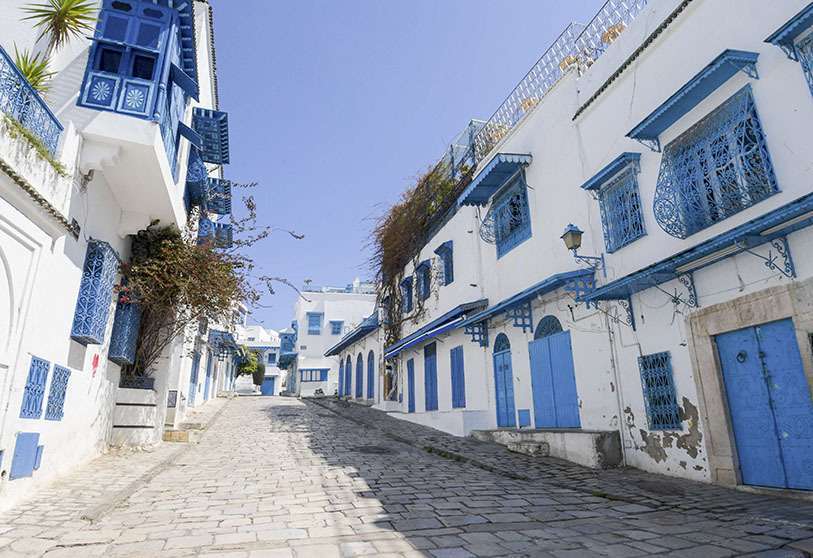
Just 48 hours after declaring the health crisis, Prime Minister Elyes Fakhfakh - designated in February after four months of fighting between the parties - announced a package of measures to the value of 800 million euros to alleviate this situation which, according to the International Monetary Fund (IMF), has caused the highest inflation in the country's history since its independence in 1956.
The agency has granted a new loan of 680 million euros for the fight against the coronavirus, which has caused the death of at least 38 people and the infection of other 918 and that, according to its estimates, will produce a contraction of 4.3% of the economy during this 2020.
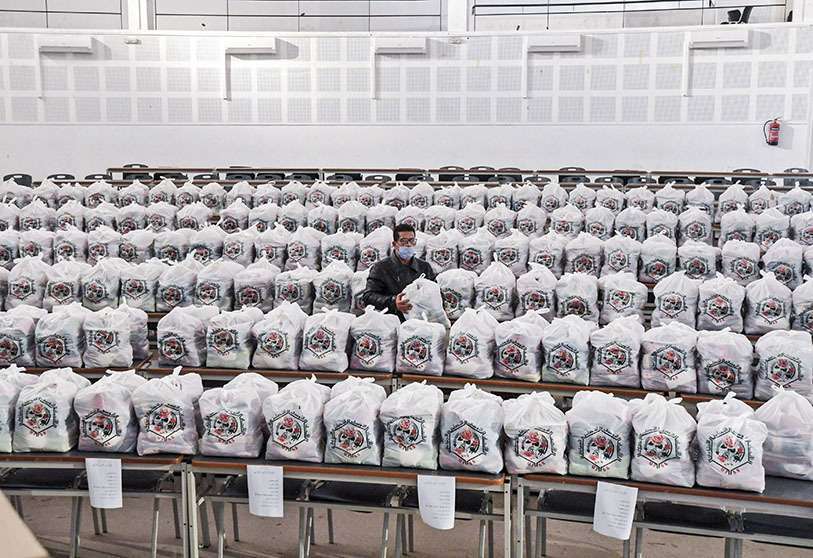
In line with the executive's three objectives - preserving jobs, ensuring workers' income and reducing the financial burden on citizens - the president announced a dozen law decrees that include the withholding of one day's salary from public and private sector employees and fines of 50 dinars (15 euros) against violators of preventive measures.
In addition, the country's largest trade union (UGTT), the main employers' organization (UTICA) and the Ministry of Industry and Social Affairs signed an unusual agreement this week to pay the full April salary to all workers in private companies affected by technical unemployment. However, according to a study carried out by the employers, 93% of the companies paid the salaries for March while only 17% assure that they will be able to cover the expenses of the month of May.
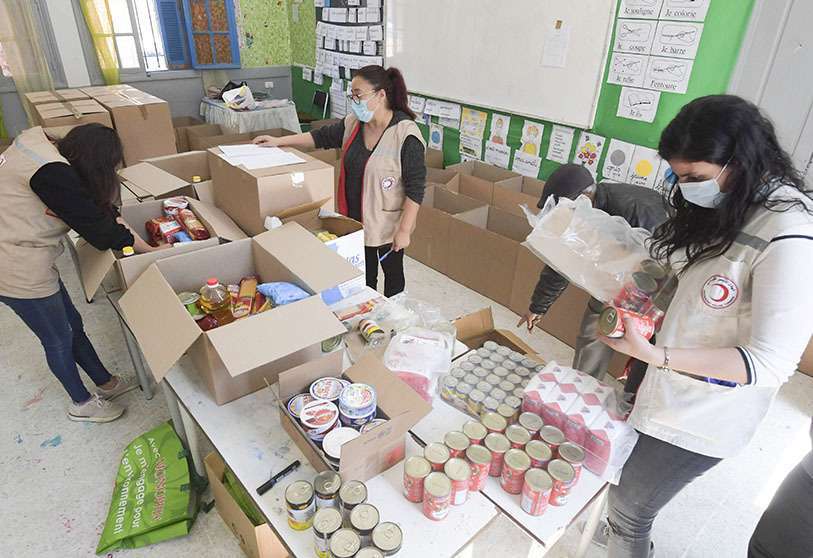
The tourism sector, a source of income for the country's economy and representing 14% of GDP, has been hit hard. First, after the revolution of 2011, which ended two decades of dictatorship and left the country in political instability; the terrorist attacks of 2015 that took the lives of 72 people, 60 of whom were foreign tourists, and the recent collapse of the British operator Thomas Cook who left 70 million euros in debt.
When the industry finally seemed to take off, with 9.5 million visitors in 2019, it is estimated that this last impact has caused 1.2 million euros in losses and will destroy more than 400,000 jobs.
Added to this are the structural problems inherited from the times of the tyranny of Zinedin el Abedin Ben Ali, who was overthrown in 2011: corruption, which is systemic, and structural youth unemployment, which according to independent statistics is around 40%. And a tax system that the president of the employers' association himself, Samir Majoul, called "fiscal hell" this week in a controversial statement in which he attacked the growing parallel economy and the multimillion-dollar debts of state companies.
Both issues complicate the financial puzzle: 41% of the working population works informally - 1.5 million people - and 50% of the 195 public companies are in deficit, the private sector also carries over the vices of the old regime. A study published in 2014 by the World Bank (WB) revealed that 21% of private sector profits remain under the control of 220 companies close to the circle of the now deceased dictator.
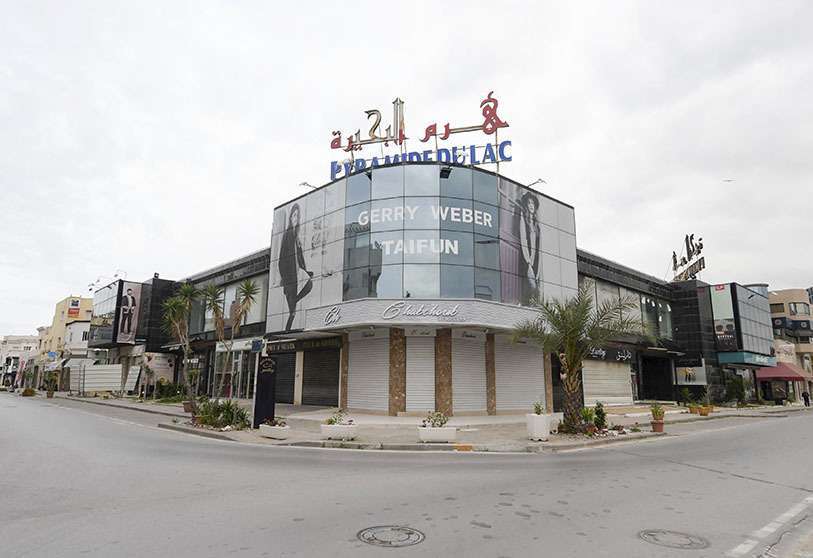
“I'm surviving financially thanks to my savings. The problem for companies is that we live from day to day: the profit margin is very low because the purchasing power of Tunisians is very low and the tax burden is enormous,” explains to Efe Samy Khatoun, owner of a furniture factory with 14 employees, who hasn't applied for the subsidy because it’s “a complicated bureaucratic procedure for a derisory sum of 200 dinars (63 euros)”.
In an atmosphere of growing popular tension and with the aim of fighting against “precarization” and its consequences, a group of activists has launched on social networks the initiative “Report about your employer” in which they invite Tunisians to denounce those non-essential companies that force their employees to continue working, that don't pay their salaries or that carry out dismissals during confinement despite the government's ban.
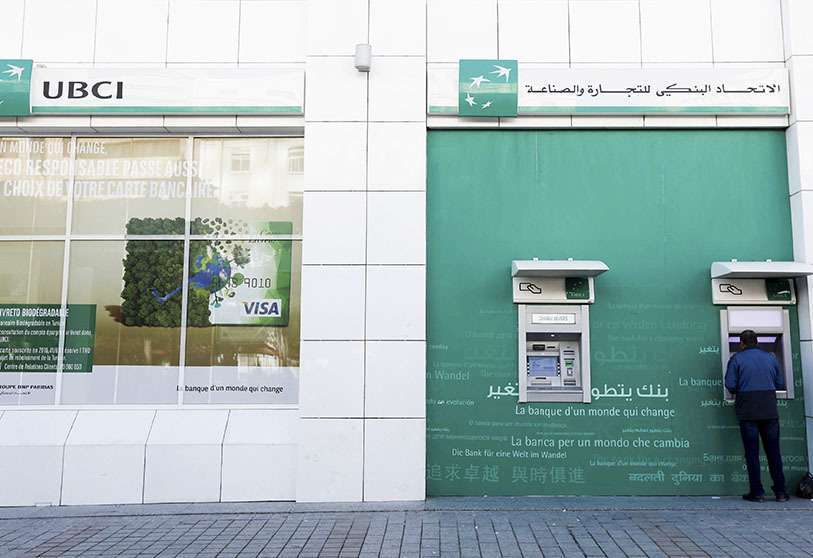
Three weeks ago, in the popular suburb of Mnihla, north of the capital, hundreds of people challenged the quarantine and burned tires in the streets to claim 200 dinars (63 euros) compensation promised by the government for the two million-day laborers.
“I signed up on April 6th and I'm still waiting. I have been working for a company for fifteen years as a plumber who pays me 25 dinars (8 euros) a day in black, so the day I don't work I don't get paid. When I get paid, almost everything goes to pay the rent,” laments Marwan Jlassi, a resident of the neighborhood who took part in the protests.
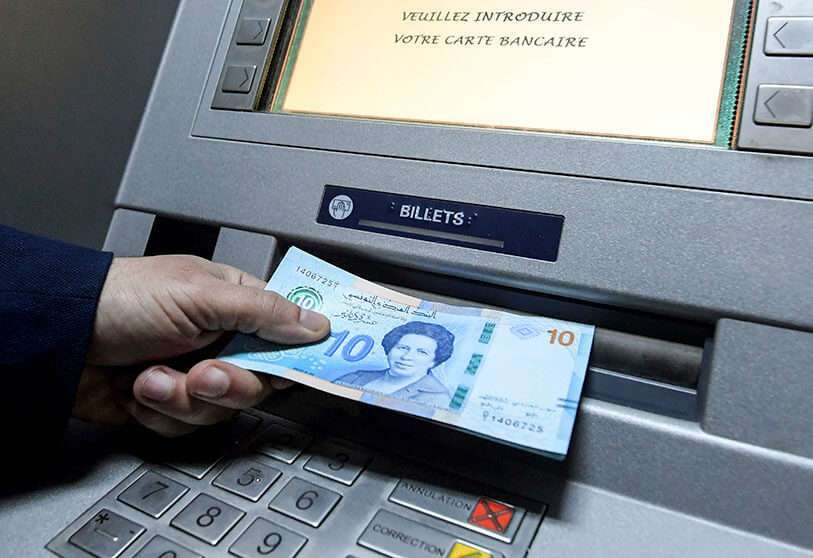
Not far from there, Jlassi goes every week with 600 other people in front of the home of the country's president, Kais Saied - recently installed in the presidential palace in Carthage after six months in power - to collect a package of basic foodstuffs distributed by the army. However, this father of a family fears that, with the arrival of the May bills and the holy month of Ramadan, which began on 23 April, social tension will break out.








